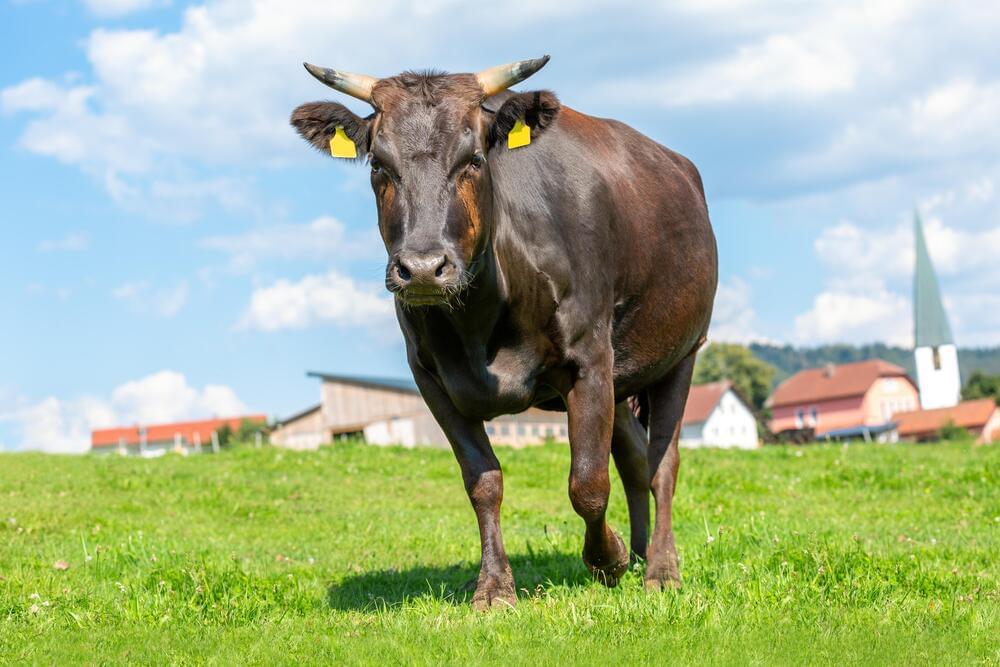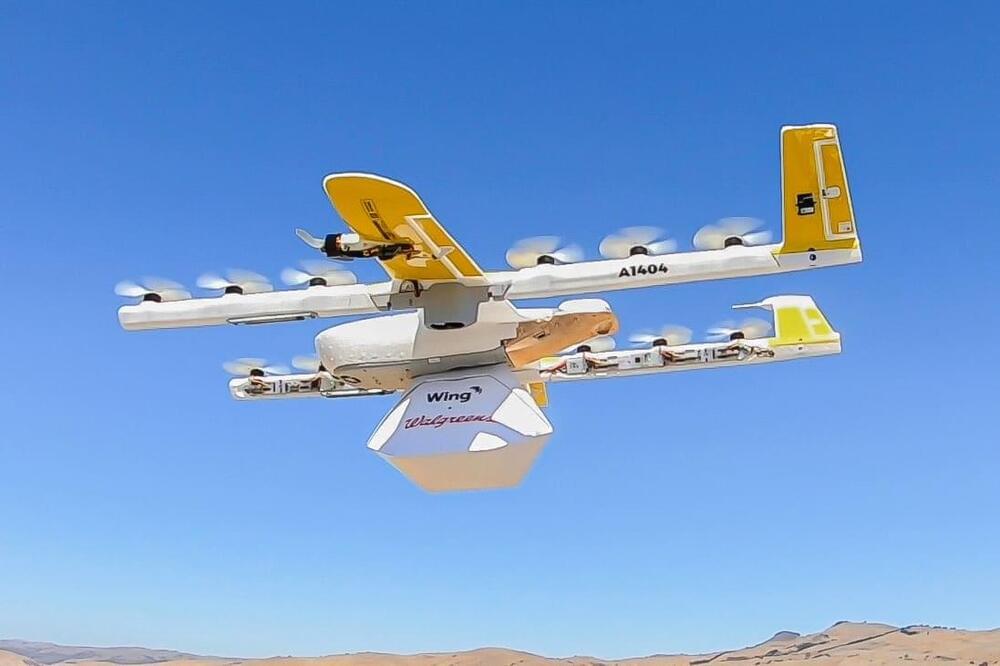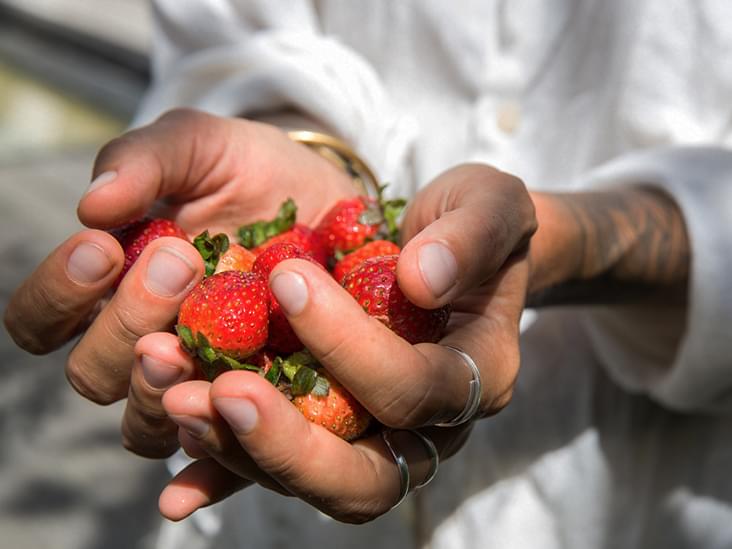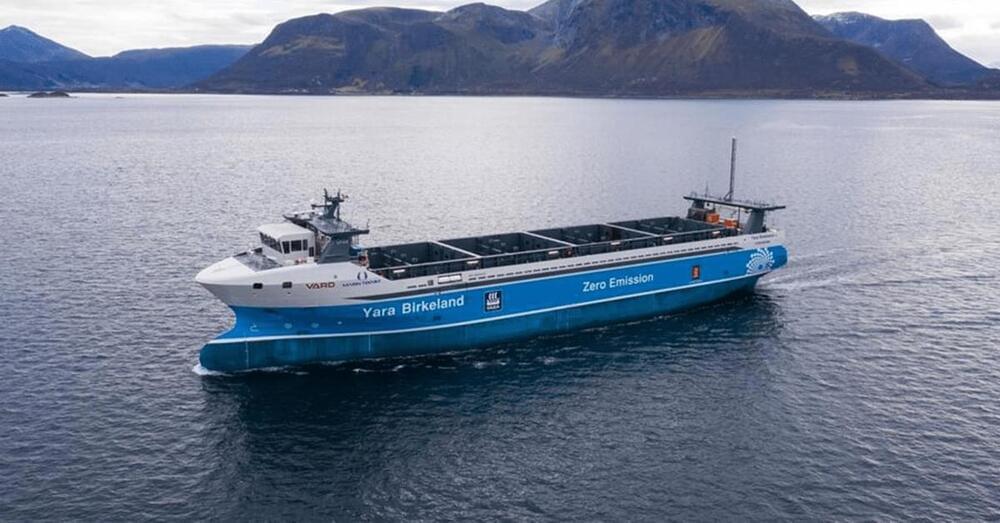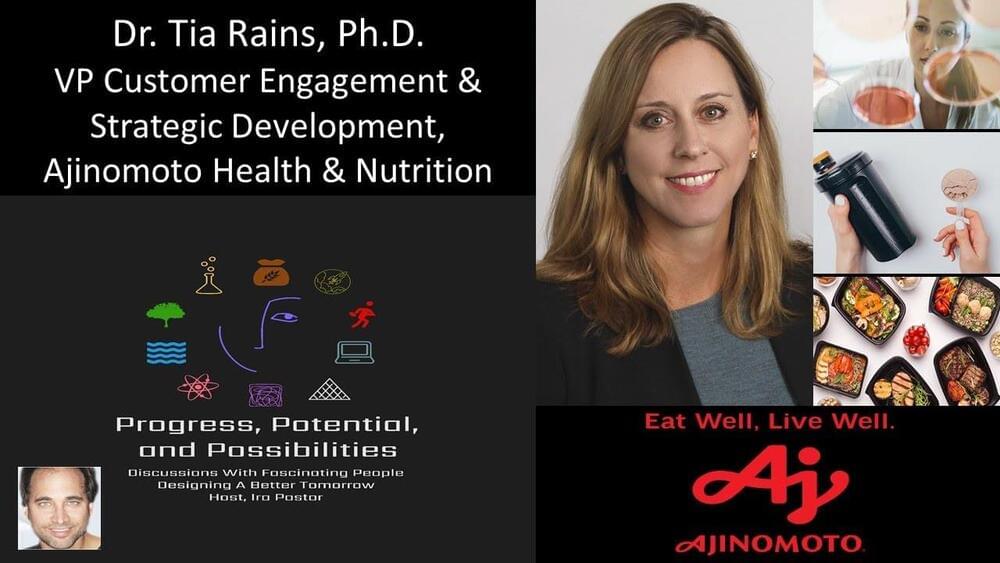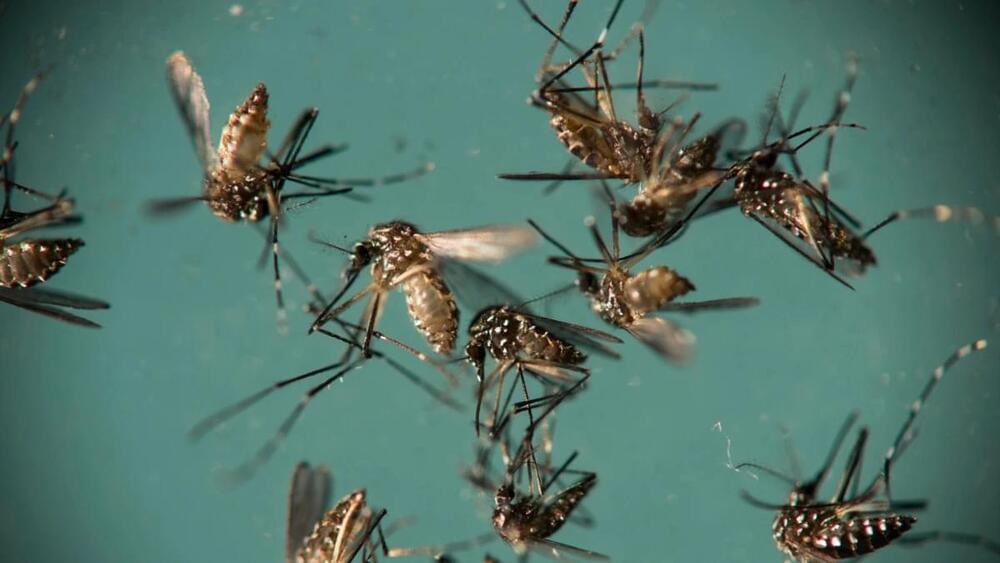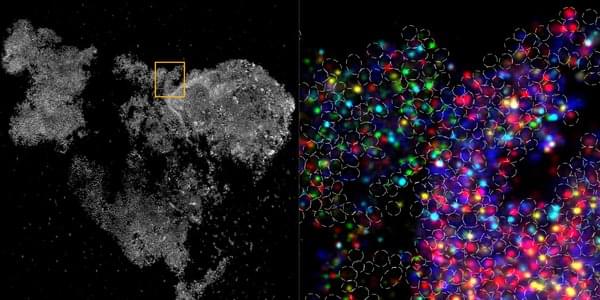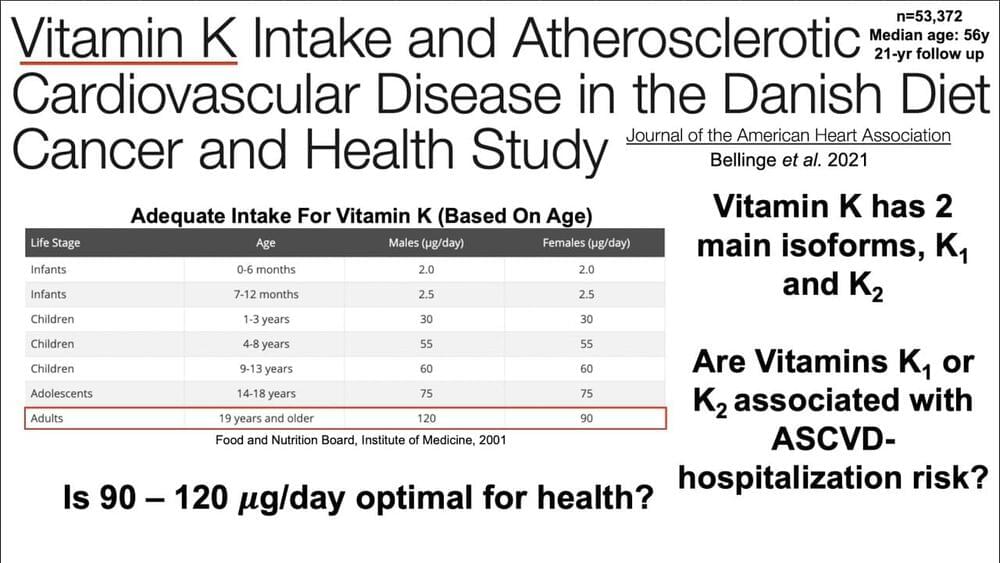Aug 25, 2021
Japanese scientists produce first 3D-bioprinted, marbled Wagyu beef
Posted by Omuterema Akhahenda in categories: bioprinting, biotech/medical, food
The world of lab-grown meats is fast filling with all kinds of tasty bites, from burgers, to chicken breasts, to a series of increasingly complex cuts of steak. Expanding the scope of cultured beef are scientists from Japan’s Osaka University, who have leveraged cutting-edge bioprinting techniques to produce the first lab-grown “beef” that resembles the marbled texture of the country’s famed Wagyu cows.
From humble beginnings that resembled soggy pork back in 2,009 to the classic steaks and rib-eyes we’ve seen pop up in the last few years, lab-grown meat has come along in leaps and bounds. The most sophisticated examples use bioprinting to “print” living cells, which are nurtured to grow and differentiate into different cell types, ultimately building up into the tissues of the desired animal.
The Osaka University team used two types of stem cells harvested from Wagyu cows as their starting point, bovine satellite cells and adipose-derived stem cells. These cells were incubated and coaxed into becoming the different cell types needed to form individual fibers for muscle, fat and blood vessels. These were then arranged into a 3D stack to resemble the high intramuscular fat content of Wagyu, better known as marbling, or sashi in Japan.
